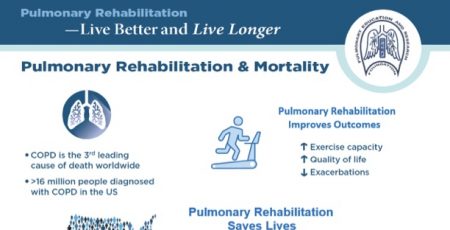16 Oct Cigarettes? Or 450 Million More Years of Life?
The smoking habit kills 7 million people a year, according to the World Health Organization.
A few weeks ago we published an article on the FDA’s efforts to motivate people to either stop smoking, or at least to use products that claim to be less damaging to the smoker.
But might it be more effective to attack the wallets of people who smoke? Would drastically raising taxes on cigarettes deliver a more tangible – even painful – way to motivate smokers to quit?
That’s the theory examined in an article in Fortune Magazine that shared the results of a study published in the BMJ journal, which concluded that doubling cigarette taxes in 13 middle-income countries across the globe could save almost 450 million years of life and $157 billion in medical costs. A 50% price increase, said the researchers, would result in a 20% downturn in smoking. The researchers used existing data to estimate how raising cigarette taxes could influence the habits of the 490 million smokers living in the 13 countries. Only male smokers were studied.
An interesting observation made by the researchers was that the benefits of such a tax increase would benefit the poor more than the rich. The reasoning is this: First, the proportion of smokers is higher among poor populations than in richer. Simply put, more individuals of middle and upper incomes have already stopped smoking than people with low incomes. And a sizable increase on the tax imposed on cigarettes would put smoking out of reach for low-income smokers more quickly and definitively than it would for smokers with higher incomes. Thus the health benefits, and the savings in medical costs, would tend to skew toward the poorer populations.
Researchers also pointed out that the 15.5 million in the countries included in the study that do not have universal health care could be saved from the catastrophic costs of cancer and heart disease, both of which are known to be caused by smoking. These individuals, and their families, could be spared from a plunge into poverty when health care costs decimate their savings. Extrapolating these results beyond the 13 countries studied, the researchers estimated that 20 million people could avoid being poverty-stricken by health care costs brought on by smoking.
Information for this article was obtained from Fortune.





No Comments